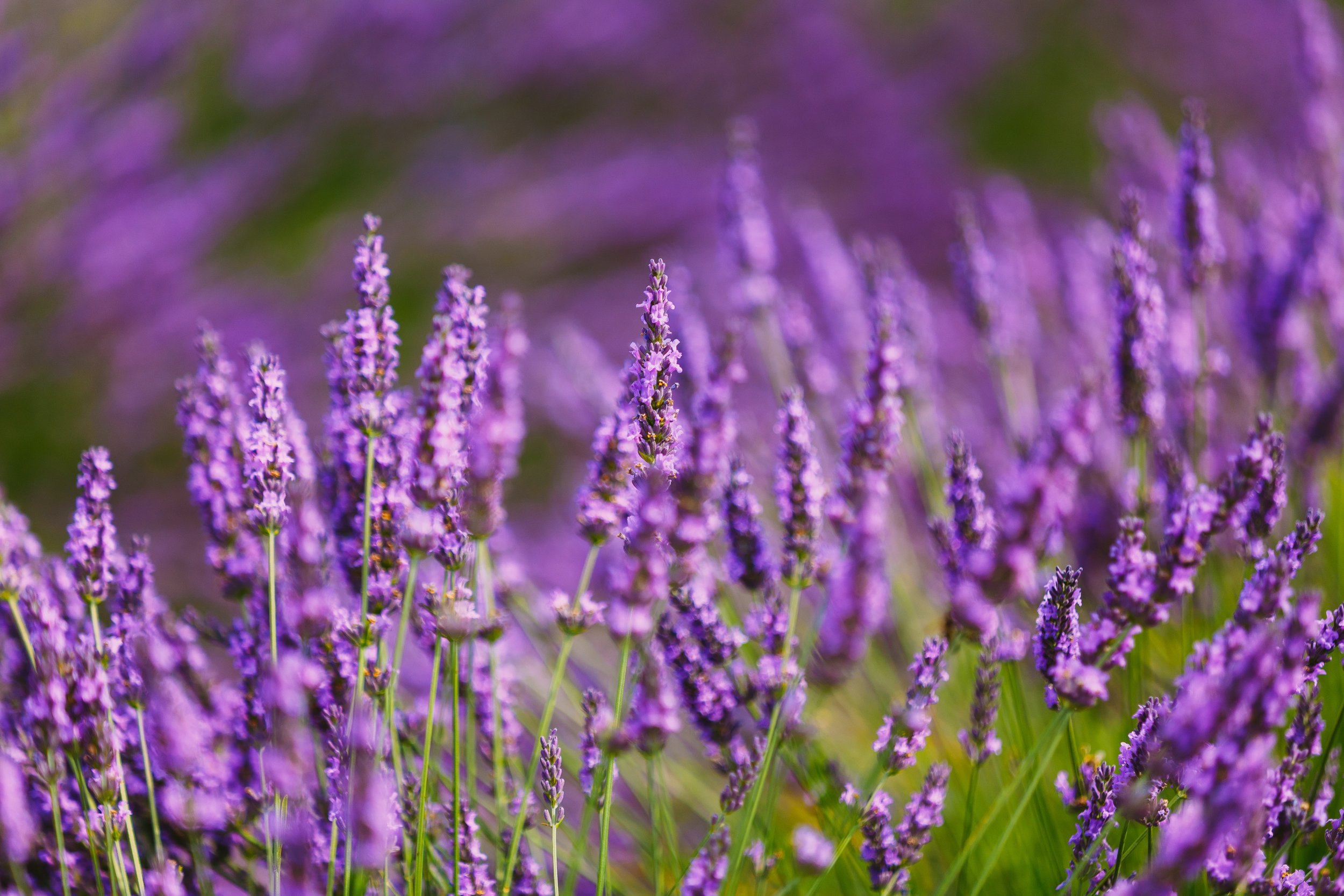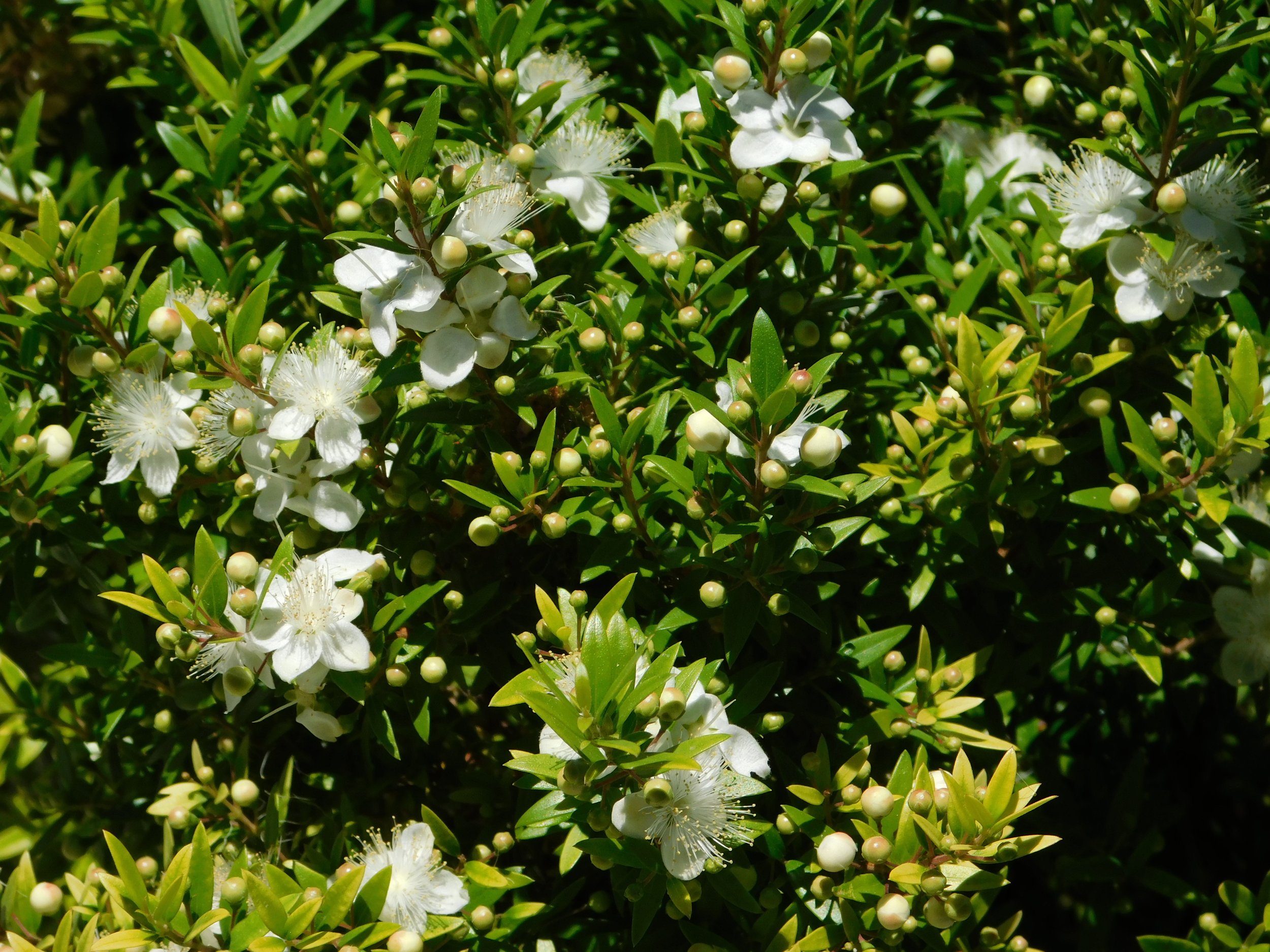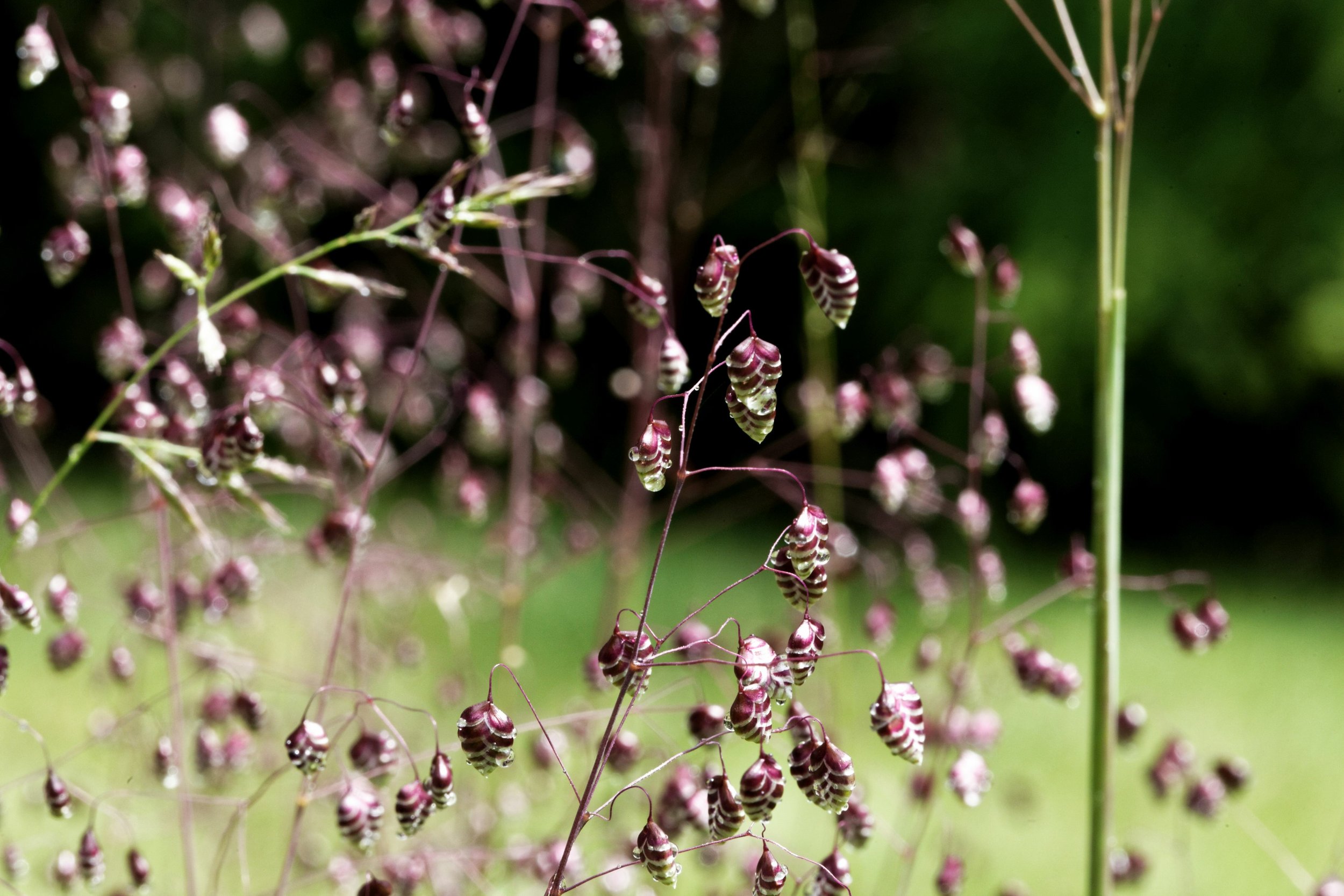
Native gardens
Definition & advice
What is an indigenous garden? Which plants to prefer? Which environment to choose and which maintenance to implement?
Here are our expert advice!
Wild garden, natural or botanical, what are we talking about?
A native garden is a natural garden, that is, a garden that seeks to reproduce a wild nature mixing various varieties of plants. That’s why it can also be called a “wild garden”. It creates a rural atmosphere. The objective is to distort as little as possible the ecological balance established by nature, respecting both plants and animals. A wide variety of plants and flowers are found in this type of garden.
It is advisable to use only natural fertilizers to preserve the ecological character of the garden. Several methods make it possible to ensure maintenance without questioning this particularity.
Understanding the challenges of an ecological garden
An indigenous garden must be an ecological garden. Today, this type of garden is crucial for the preservation of species and varieties, plants and animals. Because its purpose is precisely to protect biodiversity. This is why chemicals are banned so as not to have a negative impact on green spaces. To be part of an ecological approach, natural methods are favoured: we use the natural virtues of certain plants to ward off so-called «harmful» animals. For example, you can plant basil at the bottom of your tomatoes to ward off parasites that eat away at your plans.
The water consumption of a wild garden or natural garden must also be controlled: a system of recovery of rainwater is therefore used. Once the water is collected, you can water your garden in an environmentally friendly way.
What is a native plant?
Native plants are local plants, which grow naturally in the garden’s original ecosystem, or plants in the area. By favouring local plants, you not only contribute to the preservation of the existing ecosystem, but you also design a natural space in tune with the climate and environment of the garden.
Native plants have the advantage of not requiring much maintenance: they usually grow without human intervention and adapt to the various weather situations of their climatic environment. In their ecosystem, native plants can survive severe droughts by adapting to the climate, and do not require chemical treatments.
Which environment to choose for your native garden?
A native garden can, by definition, be created in any place: it only needs a cultivable soil and a space where plants can grow without hindrance. It is then necessary to select plants adapted to the characteristics of the garden: soil type, wind, humidity and sunshine. The garden must be perfectly adapted to its environment, so that the living conditions of each plant are optimal. They can grow and spread, creating a natural environment in harmony with the local environment.
Even if you want a natural garden, the space can be structured with flowering or fruit hedges, and you can also plant vegetables and fruits.
A natural garden without maintenance is possible ?
If an indigenous garden is not to become a fallow, it is essential to give it a minimum of attention. A natural garden requires less than a classic garden. The idea is to let nature preserve and promote biodiversity. A natural garden remains a wild garden: plants choose where they settle and grow on their own. You can save their seeds and dry them for replanting the following year. A landscaper can help you choose the plant species of your massifs and arrange them harmoniously before they appropriate the place.
A landscaper for his natural garden project
The native garden may seem simple to make. It nevertheless requires special attention to the varieties sown and planted. David Simonson and his team accompany you best in the choice of native plants and flowers as well as in the way of placing them. By allowing biodiversity to flourish and giving more space to chance, the natural garden gives expression to the imagination and creativity of nature.
SIMONSON LANDSCAPE, specialist in natural gardens, received the Prix de la palette végétale in Chaumont-sur-Loire (41), the Audience Prize at the Festival de la Côte d'Azur at the Villa Rothschild in Cannes (06), and the Special Jury Prize of the European Garden Heritage Network (EGHN) with the Terres de Promesses garden for the Jardins de la Paix in Souain-Perthes-lès-Hurlus (51) with Arts & Jardins Hauts-de-France.
Do not hesitate to contact us, we will be happy to answer your questions and accompany you on your natural garden project!




Now let's talk about you.
Everything starts with an idea, a desire.
What is yours?



